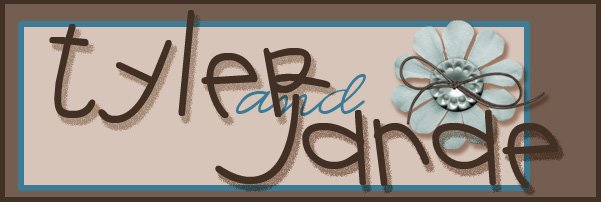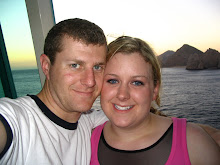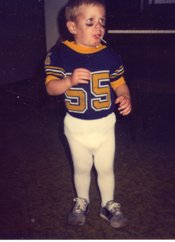Here’s how it works:
There are six dice to roll. They tell you:
1. The topic of your sentence or story.
2. A type of punctuation to use.
3. A part of speech to use.
4. Vowel*
5. Consonant*
6. The number of dice words* to use.
*A dice word is a word that has the vowel and consonant you rolled in it.
Today I am using these to help me write my poem of the week. This is what I rolled.

So in my poem about sports, I need to include a question, an interjection, and at least three words which have a w and an i (turns out I had a lot more).
To start off, Sam suggests creating a list of dice words to use. Here’s my list:
wicked witch win wisdom wimp wind
wide will window write white wipe
And the final product:
Oh no! When I look out of my window I see:
All the wicked children playing football without me!
I point my wand out through the window,
And send a load of magic down below.
The football gets hit and takes a new flight.
While all the children suddenly turn white!
A few start floating up to the sky,
While many begin to loudly cry.
What is the lesson they must all learn?
Don’t forget to give the witch a turn.
I am pretty awesome at this game, but if any of you want to challenge me to a rousing game of Grammar Punk/12 Tall Tales, give me a call...
What is Grammar Punk?
(For those of you who may want to know a little bit more.)













3 comments:
that was a really cute poem, i liked it! nice job!!
Loved your peom! I went to a workshop about Spivey Writing. There we learned to do human sentences. They were very simple: "who or what + action" started it out. This really helped my students remember to not use fragmented sentences. And most sentences always end with a "Ding!" (period) Of course, they have harder sentence structures, but my kids were pretty behind and just needed to practice making interesting "who or what + action" sentences.
Neat. It sounds like the worst game ever to me (someone who doesn't like English), but I like your poem! Sounds like you are a fun teacher!
Post a Comment